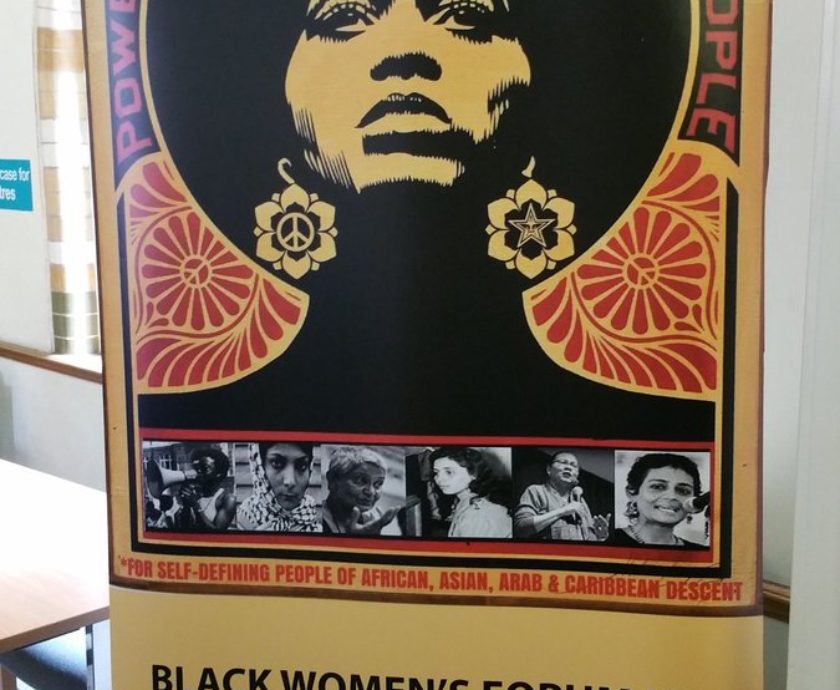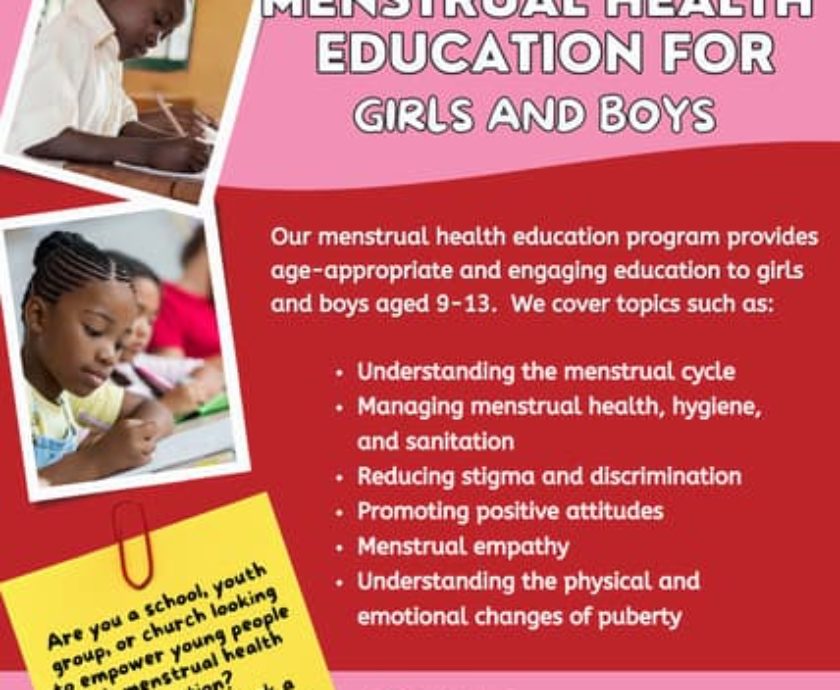Update 7th September 2020: On 4th September, the CDC revised their alert for St Kitts and Nevis to “No Travel Health Notice: COVID-19 risk is very low.” We applaud this revision as this more accurately reflects the current COVID-19 risk in St Kitts and Nevis.
On 6th August 2020, the CDC issued a Level 3 warning alert with regards to St Kitts and Nevis and its COVID-19 risk. According to the CDC’s website, a Level 3 warning indicates that the COVID-19 risk is high in St Kitts and Nevis and because of this risk, they recommend that travellers avoid all non-essential travel to the twin-island state.
Upon hearing this alert, we and most of St Kitts and Nevis were baffled. Currently, St Kitts and Nevis has no active cases of COVID-19 and to date has only had 17 cases, with no deaths and no community spread, all cases were travel-related.
To try and understand why the CDC assigned this Level 3 classification to St Kitts and Nevis, we reviewed how the CDC determines its Travel Health Notice Levels for COVID-19 and this is provided below:
*********
|
COVID-19 Travel Health Notice Levels* |
|||
| Level 3 High Risk | Level 2 High Risk | Level 1 Low Risk | |
| Number of New Cases | More than 10 | 7-10 | 3-6 |
| New Case Trajectory | Accelerating or growing | Decelerating, slowing, or stable | |
* All criteria are assessed over the last 28 days (2 incubation periods for COVID-19).
Secondary Criteria are qualitative and come from official destination sources (e.g., ministry of health websites).
- Measures of a destination’s healthcare capacity, such as available hospital beds and ventilators.
- Measures of a destination’s public health infrastructure, such as testing capacity, contact tracing capacity and documented exported cases (cases identified in travellers to other countries).
Notes:
- Destinations that fall below the Level 1 primary criteria and meet secondary criteria have no THN.
- Destinations can only de-escalate if their new case count is decreasing or stable.
*********
When we compare the above criteria with the data from St Kitts and Nevis, we see the following:
- In the 28 days leading up to the CDC issuing the Level 3 alert, St Kitts and Nevis had two new cases of COVID-19 (this would put St Kitts and Nevis below the level 1 low-risk benchmark of 3-6 new cases over the last 28 days).
- The new case trajectory has been stable for months because our borders are closed and will remain closed until October 2020, although nationals abroad have been returning home after gaining approval from the Government.
- St Kitts and Nevis’ healthcare capacity – we have an entire ward dedicated to COVID-19 at the JNF Hospital and our Medical Chief of Staff has reported that the number of ventilators per capita is high, and is, in fact, higher than many countries in the Western world
- Our public health infrastructure – the Ministry of Health has a comprehensive contact tracing program which is implemented as soon as a new case is suspected, our testing capacity is high with all those who require testing being offered it and this includes mandatory testing for all approved incoming travellers. Additionally, every incoming passenger enters a mandatory 14-day quarantine in a Government facility that is monitored by healthcare professionals and law enforcement
Comparing the CDC’s own criteria with the data from St Kitts and Nevis, it is clear that the Level 3 alert misrepresents the situation in St Kitts and Nevis, and we would encourage the CDC to correct this.
It is important to note that the UK Government has listed St Kitts and Nevis as one of the countries that is exempt from the Foreign and Commonwealth Office’s advice against all non-essential international travel based on their determination of the low COVID-19 risk in St Kitts and Nevis.
Who is the CDC?
The Centers for Disease Control and Prevention (CDC) is America’s leading public health organisation. They fall under the Department of Health and Human Services and their aim is to:
“Protect America from health, safety and security threats, both foreign and in the U.S. Whether diseases start at home or abroad, are chronic or acute, curable or preventable, human error or deliberate attack, CDC fights disease and supports communities and citizens to do the same.”
They are very influential not only in the United States but across the globe which means that when they issue a statement, it is viewed with a high level of credibility and this influences the public’s behaviour. Therefore, the CDC has a responsibility to provide accurate evidence-based information, and we believe this alert fails to do this.
Why Is It Important to Correct the CDC?
We believe it is important to correct the CDC because of the implications of the Level 3 alert. Firstly, it is false and misrepresents the risk of COVID-19 in St Kitts and Nevis. Secondly, this alert comes with a recommendation that travellers should avoid non-essential travel to St Kitts and Nevis, this advice is detrimental to the economic recovery of St Kitts and Nevis.
The borders of St Kitts and Nevis have been closed since 25th March 2020. Closing the borders was an extremely hard decision for the Government as tourism is one of the major industries in the Federation.
Since the closure of the borders, thousands of residents whose livelihoods depend on the tourism industry have faced job losses and it has been an exceedingly difficult five months.
The Government, health officials and the National Emergency Operating Centre has been carefully planning the re-opening of the borders and this is scheduled to take place in October 2020. The re-opening of the borders is expected to give the economy a much-needed boost and help those in the tourism industry get back on their feet. The CDC’s Level 3 alert may have unnecessarily hindered those plans by deterring travellers and this will put the recovery of St Kitts and Nevis’s economy at risk and affect the livelihood of thousands of citizens.
We believe that it is also very important to correct the CDC’s alert because this represents a long history of countries like America and the UK, continuing to discredit countries in the Caribbean and Africa.
For too long America, the UK and others have perpetuated a negative and condescending narrative of Black countries, insinuating that we are ill-equipped to lead our countries.
When we look at the response to COVD-19, many Caribbean countries including St Kitts and Nevis, have had very low rates of the disease, and this is not by some stroke of luck. Leaders in St Kitts and Nevis listened to the evidence provided by WHO, PAHO, CARPHA and local medical experts and took appropriate action. They developed an evidence-based strategy which included early border closures, and a host of non-pharmaceutical measures to control and contain COVID-19.
Soon after St Kitts and Nevis’ first case was confirmed at the end of March, all schools and non-essential businesses were closed, and a State of Emergency was introduced which led to a series of week-long 24-hour curfews and partial curfew days. During this time, the Government, churches and local charities provided food and support to the vulnerable, a COVID-19 Emergency Relief Fund was established, moratoriums on utility bill payments were announced, there were official daily COVID-19 briefings and a 24-hour COVID-19 hotline was introduced.
The restrictions on the public were slowly lifted as St Kitts and Nevis became COVID-19 free and businesses and other organisations were only allowed to open after being inspected and found to be compliant with the Government’s COVID-19 guidelines.
Furthermore, the wearing of masks is mandatory in public spaces, social activities are restricted, hand sanitisation is a requirement in all public buildings, the public has been encouraged to wash their hands thoroughly and frequently with soap and water and to practice physical distancing.
All of these measures have been effective and reduced the transmission of COVID-19 in St Kitts and Nevis.
St Kitts and Nevis’ approach to COVID-19 has been far superior to America’s approach which has been plagued by false information, denial of the seriousness of the disease, inequities, the inability of States to implement an evidence-based strategy, a lack of contact tracing, a lack of ventilators and a lack of willingness by the public to adhere to basic prevention measures.
The Caribbean has responded responsibly and effectively to COVID-19 and this is not an isolated incident. The Caribbean has many public health achievements. Looking specifically at St Kitts and Nevis, some of its key public health achievements include:
- The elimination of mother-to-child transmission of HIV and syphilis, receiving certification from WHO
- Mounting effective responses to the Zika, Dengue and Chikungunya outbreaks
- Increasing life expectancy
- Low maternal mortality
- A reduction in the number of deaths due to communicable disease
Conclusion
St Kitts and Nevis has been able to control the first wave of the Coronavirus and the reality is that currently, a person’s risk of contracting COVID-19 in St Kitts and Nevis is low and travellers to St Kitts and Nevis pose a greater risk to residents than residents do to travellers.
We appeal to the CDC to amend the risk level for St Kitts and Nevis to more accurately reflect the risk posed to those who would seek to visit St Kitts and Nevis once the borders open in October.
We have written to the CDC and encourage others to do so too.
******
Header Photo by Brian McGowan on Unsplash












